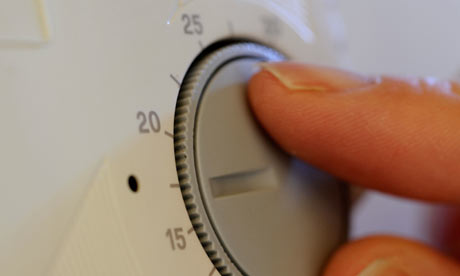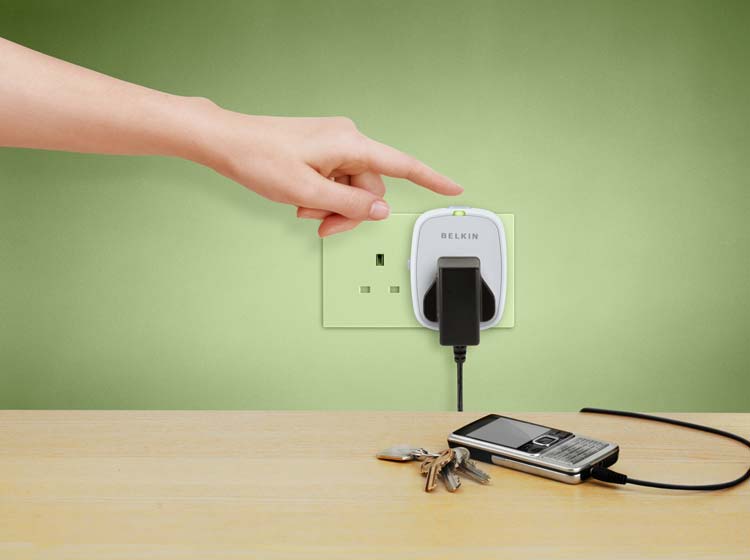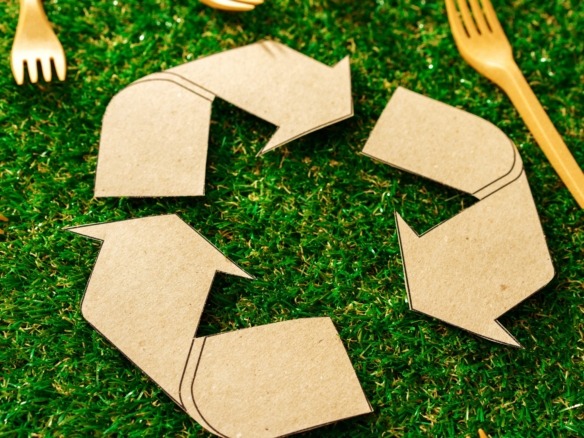The costs associated with buying a new home aren’t exclusive to just the structure itself. Once you move in, there are plenty of other expenses to worry about. Although some of these are inevitable and uncontrollable, you do have a direct effect in how high your utility bill is. With that said, here are seven ways to save money on your home’s energy bill.
Invest in Ceiling and Window Fans
Investing in ceiling and window fans is also another convenient way to use the air around you while saving money. During the summer, adjust the fans to spin in a counter-clockwise direction so that the hot air rises toward the ceiling and away from your living space. Conversely, during the winter, adjust the fans to spin in a clockwise direction so that they blow the hot air down. Placing box fans in the windows is also another great way to get hot or cold air flowing through your home.
Seal and Insulate Your Home
Making sure that every crack and crevice in your home is sealed will help you insulate your home so that you keep warm or cool air inside of it. Although this might seem like a trivial detail when trying to save money on your home’s energy bill, it can save you a lot more than you think. Remember to perform an annual inspection of your home, sealing any holes you find and doing your best to make it as insulated as possible.
Take Control With Your Thermostat

If there’s one tool you can take advantage of to lower your home’s energy bill, it’s your thermostat. Whether it’s turning it down in the winter or up in the summer, regulating your thermostat will have an impact in how much you’re spending to heat and cool your home. For the best results, the Department of Energy suggests setting your home’s temperature to 74 degrees in the summer and 68 degrees in the winter. Although an investment, a programmable thermostat can help you save money in the long term.
Unplug Electronics When Not in Use

This is another one of those forgettable things you can do to save on your home’s energy bill, yet it’s easy to do (if you can remember) and makes a big difference in your pockets. Whenever you’re not charging your phone or laptop, remember to unplug the charger. Set it next to the outlet so you don’t have to scrabble around looking for it later, making it accessible at any time. Not only does leaving devices plugged in unnecessarily drain your battery, it consumes unneeded energy.
Use Your Windows Strategically
Using your windows strategically means taking advantage of the sun’s warmth during the winter and blocking it out during the summer. Invest in some heavy-duty curtains or blinds that’ll help block the sun’s heat during the summer, remembering to close them during the hottest times in the day. In the winter months, open the curtains or blinds up and let the sun’s heat pour in. Taking advantage of the natural heat will help you avoid using your heater and put more money in your pockets.
Use Energy Star Appliances
Although technology is helping companies produce more gadgets that are used inside the home, it’s also contributing to making them more energy-efficient. Energy Star appliances, including refrigerators, dishwashers, freezers, washers, dryers, computers, room air conditioners, dehumidifiers, and more, are manufactured specifically with your energy consumption in mind. Any appliance made with the Energy Star label will save you money while reducing the harmful impact on the environment.
Hang a Clothesline to Save on Drying Costs

Among all the appliances in your home, your clothes dryer uses up the most energy out of all of them. To save money and energy in a fast and convenient way, consider hanging a clothesline outside of your home in a spot where the sun shines often. Not only does this help you save energy and money, but believe it or not, your clothes will actually feel fresher, too. For more information regarding energy consumption and how you can save, check out www.energysavings.com. In addition to hanging a clothesline, this site has plenty of other tips and info.
Saving money on your home’s energy bill isn’t hard if you implement these energy-efficient habits.




